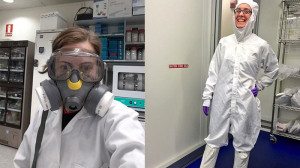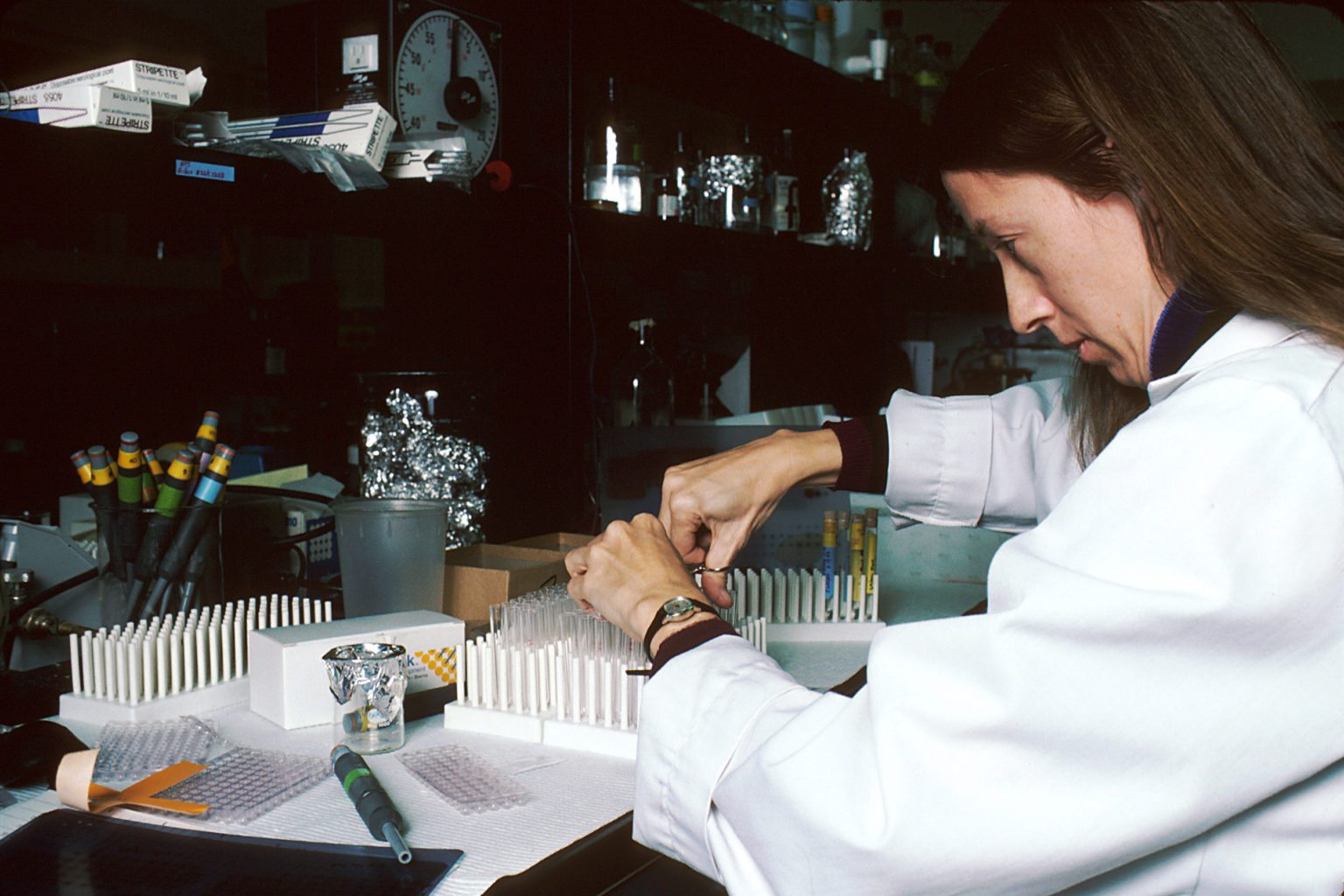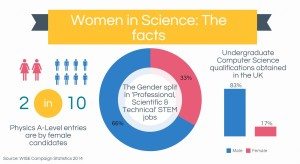The problem with women in science? There aren’t enough
I’m a scientist. I’m a male. No surprise there? Thought not.
No-one is perfect, and we all say things that are likely to have offended somebody at some point or another. I for one can’t claim any moral high ground – the unfortunate truth is that, even as a believer in true equality of the sexes, I’ve most probably been insensitive in some way on this issue before. There is a truth that too often remains unspoken, however – the world of science is inherently sexist.
Back in June, the Nobel Prize winning biochemist Sir Tim Hunt had to resign his honorary Professor role at UCL after he made some unacceptable remarks about women in science at the World Conference of Science Journalists in South Korea. On every level I agree that this was wrong of him, and that his departure from his academic department was necessary – after all, singling out one gender for crying “when you criticise them” and calling for single-sex laboratories so as to not be “very disruptive to the science” is pretty bad by anyone’s standards. What strikes me from all of this, however, is what it shows about the reality of women studying and working in science.

Reactions to Sir Tim Hunt’s controversial comments Image: Amelia Cervera / Danielle Spitzer / Twitter
At every step of my education thus far I’ve been in co-educational establishments, with students both male and female both competing and working together within all subjects. The truth of the matter is quite simple, and very obvious to most people: women are just as good as men at science, but are represented incredibly poorly when it comes to the gender divide on STEM courses. Some of my best female friends are more intelligent than I could ever hope to be and are leading the way on their science courses; whether that be medicine, chemistry or my own subject, physics. However I see no reason why anyone should go through any kind of discrimination because of their gender as they work their way towards their chosen career path.
One of these friends, who prefers to remain unnamed, once told me about one experience she had whilst asking students from older years for help with her revision. “Someone in an upper year in my subject told me the only reason anyone would ever help me with physics was ‘to get in to my pants” she explained, adding: “the main problem is that people don’t think it [sexist behaviour] is happening”. Now, were I to go into everything that is wrong with her treatment then I’d need to take over the rest of The Boar. Nevertheless, there are some truly vital points that need to be addressed here, and they need to be addressed now.
There is no excuse for anyone to not step up in the presence of sexual discrimination, whether that be casual or systematic
It’s evident that the crude and obscene nature of the older student’s statement is completely inappropriate. Everybody should be able to go about their studies without being sexualised simply because they dared to ask for help. Furthermore, the ignorance and lack of action has to stop. There is no excuse for anyone to not step up in the presence of sexual discrimination, whether that be casual or systematic. Put simply, we are the only solution.
We as a student body need to do more to include and educate people – especially, it must be said, men – in understanding the problems that are present and how to change the way we act in order to both stop ourselves from offending people unintentionally and dissuading others around us from doing so. Within the scientific community we’ve got an even bigger issue to grapple with – throughout the education system there is a fallacy that the sciences are areas of study for men. In 2014, 8 out of 10 physics A-level papers were sat by a male candidate. The problem is that this lack of representation within these subject areas leads to the ludicrous belief that women are therefore ill-equipped to study the sciences. They’re not – simple as that.
Don’t get me wrong – I’m certainly not saying that the majority of men within the sciences are sexist – but whilst there are still elements of sexual prejudice and discrimination present within our lecture theatres, laboratories and workrooms we can’t continue with the complacent attitude that is all too often shown when addressing this issue. We need to meet it head-on, sooner rather than later.


Comments (1)
I am trying to identify a book published by Virago .One of the names of the author, her surname was Alec, the title was …. ‘and what men have done to them.]
This book was important to me as a teacher trying to encourage girls to follow Scientific Interests, because they were many disincentives, cultural economic and just plain male chauvinism I would recommend this book because in none ideological terms it reveals how chauvinism misogyny and male prejudice and conceit have stunted or blighted or thwarted many women in Science.and girls prospects in Science. My experience of women in Science has been entirely favourable, I have had splendid women colleagues, my best and most productive time was with a woman as head of department .Please help me identify this book. I know it is formative reading in secondary education. especially in England where absurd curriculum choices cause people to specialise much too early. I lost my copy when moved